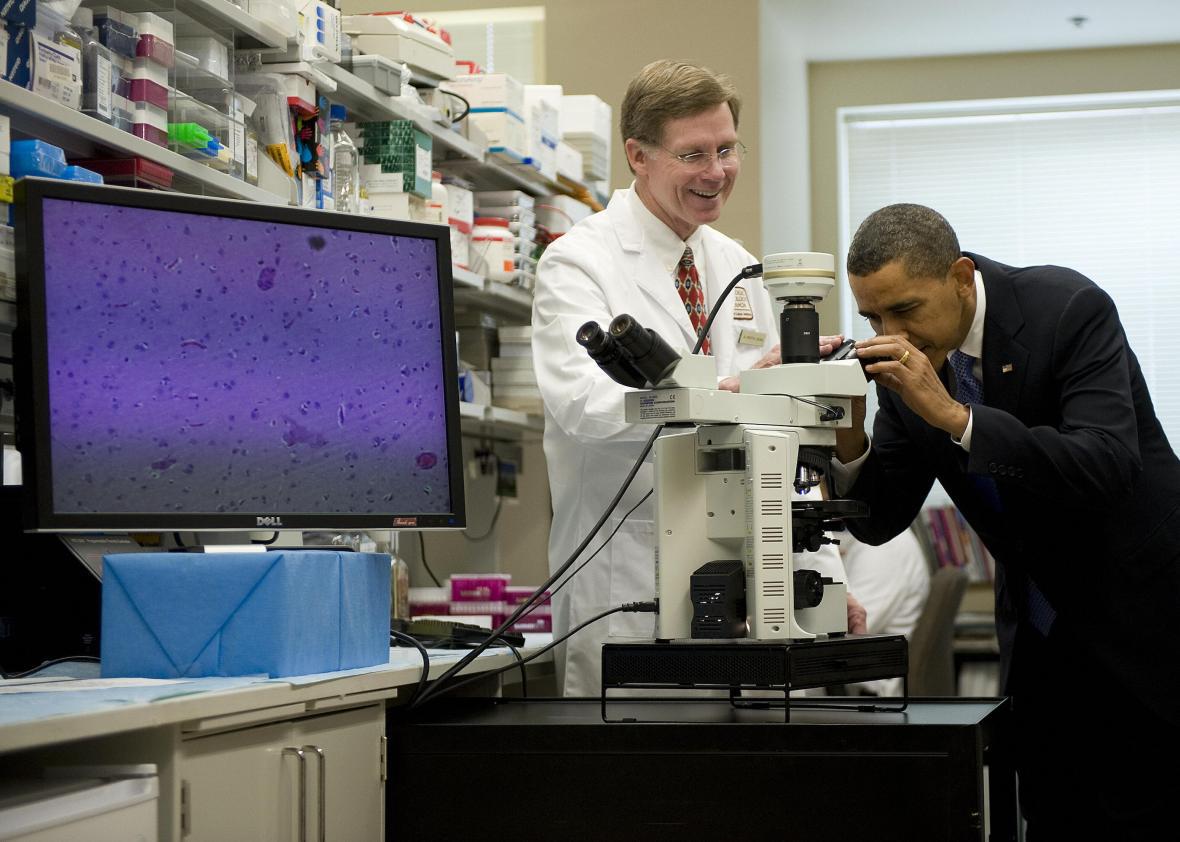Despite a 1993 mandate that women and people of color be represented in all clinical trials funded by the National Institutes of Health, the NIH is still not doing enough to ensure women’s participation and assess sex differences in treatment outcomes.
A new report from the Government Accountability Office reveals a critical dearth of data on whether and how the NIH is meeting its targets for gender balance in test subjects and sex-specific analysis of results. Though women now outnumber men in enrollment across the NIH’s entire portfolio of clinical trials, the NIH does not provide demographic data any more specific than the aggregate sex breakdowns of enrollees at each institute or center it funds. In other words, it’s impossible for the NIH, the general public, or regulatory committees to determine whether women are sufficiently represented in individual trials or research on specific diseases.
Even the Women’s Health Advisory Committee, which monitors the NIH’s progress and compliance with the 1993 mandate, has only been able to analyze data collected on the agency as a whole, not on the trials it funds. GAO identifies this barrier as “inconsistent with federal internal control standards.”
Precise information on how drugs and medical procedures affect women versus men is crucial to adequate health care. The GAO report calls out the case of zolpidem, the active ingredient in Ambien, which women metabolize slower than men. The FDA discovered in 2013 that women still had significant amounts of the drug in their systems the morning after taking it, which could impair their ability to drive, and subsequently lowered the dose it recommended for women.
In a statement, Women’s Heart Alliance CEO British Robinson called last week’s report a “wake-up call.” “Women’s hearts are not the same as men’s, and their signs and symptoms of heart disease can look very different,” she said. “Despite these differences, [the] GAO report makes it clear that we are not looking closely enough nor reporting on how and why these gender differences impact heart disease.”
The NIH requires researchers of the phase III clinical trials it funds to determine whether or not their studies should analyze the differing outcomes between women and men. But the NIH doesn’t keep records of whether this extra analysis is planned or completed. It leaves that confirmation step to its program officers—but, GAO found, NIH program officers don’t have a “required field in a reporting system” or any other way to record compliance or noncompliance with the NIH’s inclusion policy. In fact, the NIH’s data system lacks any field in which to record the necessity of or plans for sex-specific outcome analysis in individual trials.
“We know that diseases impact women differently and that women respond to treatments in different ways,” said Rep. Rosa DeLauro (D-CT), ranking member on the appropriations subcommittee that oversees the NIH, in a statement. “Unfortunately, this GAO report clearly shows that the NIH is not doing enough to collect the critical data we need to properly treat women. I am glad the NIH has recognized they need to improve their efforts in this area and I will be monitoring their progress closely.”
In the report, GAO recommends that the NIH collect and report more specific data on women’s participation in the studies that receive its grants and whether those studies include an evaluation of sex-specific outcomes. If the NIH complies, as the report says it will, the shift could make the difference between data for data’s sake and tangible advances in our understanding of women’s health.
